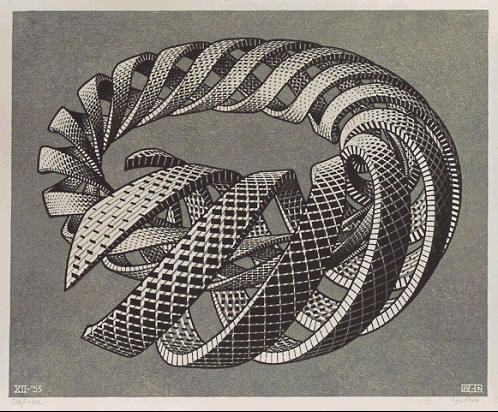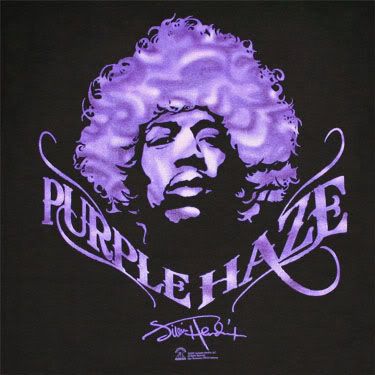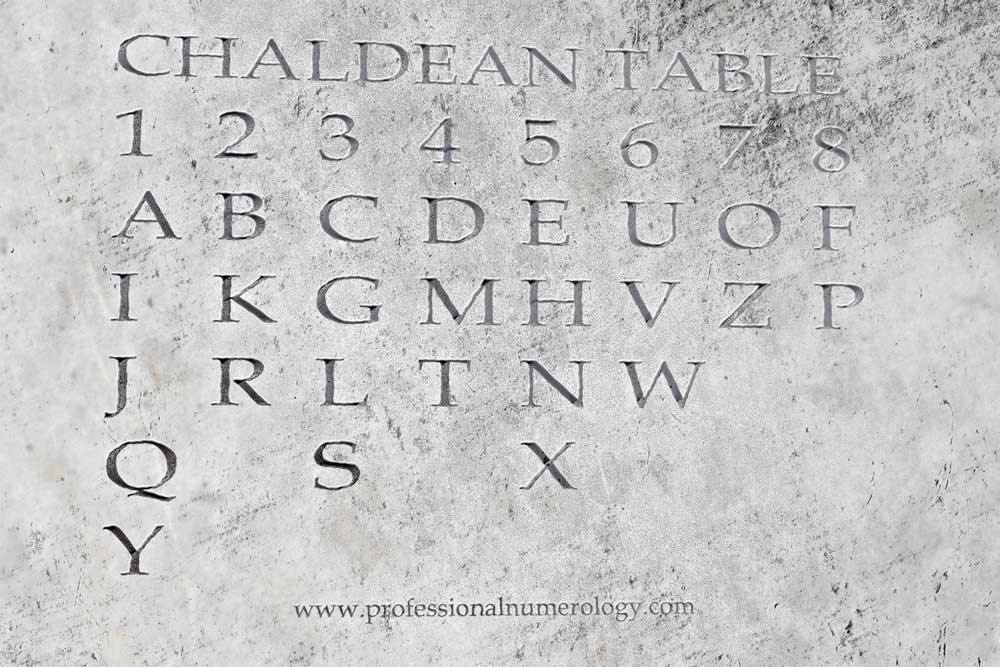Here is an interesting author as she was considered Equal to Homer
Introduction
in line with Hypatia - Wikipedia, the free encyclopedia 
let's see if one of the patterns match
Introduction
The Poetry of Sappho: Introduction
By J.B Hare
Imagine that two millenia or so in the future, literary experts attempt to collect the glories of our literature. Most of our paper writings have crumbled into dust or used for kindling; all our digital files are long gone or indecipherable. English is a dead language and many of the cultural references are a complete puzzle to them. They have a strange jumble of popular and high literature: one partial summary of of the episodes of a saga called 'Star Trek', a fragment of an archive of fan fiction about a warrior princess named Xena, some quotes from various authors extracted from anthologies written three hundred years from now, and a few cryptic bits of poetry from somebody named Shakespeare, who was apparently very highly regarded, and wrote in an archaic dialect: specifically, one complete sonnet, a couple of soliloquies and a few random lines from his plays. Now try to psychoanalyze Shakespeare from those fragments. This is about where we stand vis-a-vis Sappho.
What is Known
The poet Sappho lived in the sixth century B.C. on the island of Lesbos, which is situated in the Northeastern Aegean. We do not know the exact date of her birth or death, but it has been suggested that she was alive from about 610 B.C to 570 B.C. Her family is known to have been wealthy merchants; Lesbos in the sixth century B.C. was very prosperous. That she lived a life of luxury, and loved beatiful clothes and ornaments is clear from several allusions in the fragments. In addition, it is known that women of Lesbos at this time were exceptionally liberated and moved freely in social and religious circles. Lesbos was the center of a flourishing school of lyric poetry. Some of the other Lesbian ( citizens of Lesbos ) poets of this period were Terpander and Alcaeus, and there were several other women poets.
Sappho was born in either Eresus or Mytilene, but lived most of her life in Mytiline. Herodotus, who wrote about 150 years after Sappho's death, said that her fathers name was Scamandronymous. We know that she had three brothers, named Charaxus, Larichus, and Eurygius. From Athenaeus we learn that Larichus had the post of cup-bearer at Mytilene, which was an honorary office only open to the aristocracy. It is therefore assumed that Sappho and her family were of the upper class. Charaxus as a merchant who exported the renowned wine of Lesbos to Naucratis in Egypt. He was reputed to have married a wealthy Egyptian woman named Doricha, who is mentioned in Herodotus. Nothing is known of her third brother.
Aside from writing a large amount of exquisite poems, it is difficult to tell what Sappho's actual occupation was ( Alchemy maybe ) (as the late William Everson noted, poetry is a vocation, not to be confused with one's occupation). There is evidence in several of the poems that Sappho may have been part of a circle of women who were priestesses of the goddess Aphrodite, which in that time and place may have implied ritual prostitution. In another poem she boasts of having trained a champion runner (#68). One of the commentators says that she invented a particular kind of garment, the chlamys. In yet another (#87), her daughter (or perhaps Sappho speaking to her mother), complains that she can't focus on her weaving because she's, to put it bluntly, horny. Priestess? Sacred *****? Athlete? Fashion designer? Weaver? Sappho may have been any or all of these at some point in her life. We simply don't know.
) (as the late William Everson noted, poetry is a vocation, not to be confused with one's occupation). There is evidence in several of the poems that Sappho may have been part of a circle of women who were priestesses of the goddess Aphrodite, which in that time and place may have implied ritual prostitution. In another poem she boasts of having trained a champion runner (#68). One of the commentators says that she invented a particular kind of garment, the chlamys. In yet another (#87), her daughter (or perhaps Sappho speaking to her mother), complains that she can't focus on her weaving because she's, to put it bluntly, horny. Priestess? Sacred *****? Athlete? Fashion designer? Weaver? Sappho may have been any or all of these at some point in her life. We simply don't know.
There are no contemporary portraits of Sappho; it is said that she was short and dark. After her death she was portrayed on coins, medallions, vases and in statuary. There were two famous statues of Sappho in antiquity, both which have disappeared.
Sappho was exiled for a time in Sicily; this is the only event in her life for which there is actual documentary evidence. An inscription cut in a block of marble and found at Paros, now in the British Museum, gives a chronology of events from the sixteenth to the third century B.C. The chronology states that Sappho fled from Lesbos to Sicily when Aristocles ruled the Athenians. The reason was some sort of political upheaval in Lesbos.
It is said that she flung herself off of the Leucadian promontory over unrequited love for a beautiful boatman named Phaon. This is completely unsubstantiated (if not out of character). This myth formed the basis for several romantic poems about her as late as the Renaisannce.
Sappho the poet was an innovator. At the time poetry was principally used in ceremonial contexts, and to extoll the deeds of brave soldiers. Sappho had the audacity to use the first person in poetry and to discuss deep human emotions, particularly the erotic, in ways that had never been approached by anyone before her. As for the military angle, in one of the longer fragments (#3) she says: "Some say that the fairest thing upon the dark earth is a host of horsemen, and some say a host of foot soldiers, and others again a fleet of ships, but for me it is my beloved."
In the ancient world she was considered to be on an equal footing with Homer, acclaimed as the 'tenth muse'. Her poetry was collected three hundred years after her death at Alexandria in nine books. Some of her poems were known to be hundreds of lines long. ( maybe a seeress maybe )
)
Today, only a few scraps of her poetry survive, only three of them consisting of more than one verse (the longest being seven verses of four lines), a handful of four line and two line fragments, and the rest just phrases or short quotes. Most of the fragments are second- or third-hand quotes from other texts. Some small fragments were found (in the early twentieth century) wrapped around mummies in Egypt; essentially recycled papyrus. These have been identified only because of Sappho's distinctive literary style.
Sappho's books were burned by Christians in the year 380 A.D. at the instigation of Pope Gregory Nazianzen. Another book burning in the year 1073 A.D. by Pope Gregory VII may have wiped out any remaining trace of her works. It should be remembered that in antiquity books were copied by hand and comparatively rare. There may have only been a few copies of her complete works. The bonfires of the Church destroyed many things, but among the most tragic of their victims were the poems of Sappho.
By J.B Hare
Imagine that two millenia or so in the future, literary experts attempt to collect the glories of our literature. Most of our paper writings have crumbled into dust or used for kindling; all our digital files are long gone or indecipherable. English is a dead language and many of the cultural references are a complete puzzle to them. They have a strange jumble of popular and high literature: one partial summary of of the episodes of a saga called 'Star Trek', a fragment of an archive of fan fiction about a warrior princess named Xena, some quotes from various authors extracted from anthologies written three hundred years from now, and a few cryptic bits of poetry from somebody named Shakespeare, who was apparently very highly regarded, and wrote in an archaic dialect: specifically, one complete sonnet, a couple of soliloquies and a few random lines from his plays. Now try to psychoanalyze Shakespeare from those fragments. This is about where we stand vis-a-vis Sappho.
What is Known
The poet Sappho lived in the sixth century B.C. on the island of Lesbos, which is situated in the Northeastern Aegean. We do not know the exact date of her birth or death, but it has been suggested that she was alive from about 610 B.C to 570 B.C. Her family is known to have been wealthy merchants; Lesbos in the sixth century B.C. was very prosperous. That she lived a life of luxury, and loved beatiful clothes and ornaments is clear from several allusions in the fragments. In addition, it is known that women of Lesbos at this time were exceptionally liberated and moved freely in social and religious circles. Lesbos was the center of a flourishing school of lyric poetry. Some of the other Lesbian ( citizens of Lesbos ) poets of this period were Terpander and Alcaeus, and there were several other women poets.
Sappho was born in either Eresus or Mytilene, but lived most of her life in Mytiline. Herodotus, who wrote about 150 years after Sappho's death, said that her fathers name was Scamandronymous. We know that she had three brothers, named Charaxus, Larichus, and Eurygius. From Athenaeus we learn that Larichus had the post of cup-bearer at Mytilene, which was an honorary office only open to the aristocracy. It is therefore assumed that Sappho and her family were of the upper class. Charaxus as a merchant who exported the renowned wine of Lesbos to Naucratis in Egypt. He was reputed to have married a wealthy Egyptian woman named Doricha, who is mentioned in Herodotus. Nothing is known of her third brother.
Aside from writing a large amount of exquisite poems, it is difficult to tell what Sappho's actual occupation was ( Alchemy maybe
 ) (as the late William Everson noted, poetry is a vocation, not to be confused with one's occupation). There is evidence in several of the poems that Sappho may have been part of a circle of women who were priestesses of the goddess Aphrodite, which in that time and place may have implied ritual prostitution. In another poem she boasts of having trained a champion runner (#68). One of the commentators says that she invented a particular kind of garment, the chlamys. In yet another (#87), her daughter (or perhaps Sappho speaking to her mother), complains that she can't focus on her weaving because she's, to put it bluntly, horny. Priestess? Sacred *****? Athlete? Fashion designer? Weaver? Sappho may have been any or all of these at some point in her life. We simply don't know.
) (as the late William Everson noted, poetry is a vocation, not to be confused with one's occupation). There is evidence in several of the poems that Sappho may have been part of a circle of women who were priestesses of the goddess Aphrodite, which in that time and place may have implied ritual prostitution. In another poem she boasts of having trained a champion runner (#68). One of the commentators says that she invented a particular kind of garment, the chlamys. In yet another (#87), her daughter (or perhaps Sappho speaking to her mother), complains that she can't focus on her weaving because she's, to put it bluntly, horny. Priestess? Sacred *****? Athlete? Fashion designer? Weaver? Sappho may have been any or all of these at some point in her life. We simply don't know.There are no contemporary portraits of Sappho; it is said that she was short and dark. After her death she was portrayed on coins, medallions, vases and in statuary. There were two famous statues of Sappho in antiquity, both which have disappeared.
Sappho was exiled for a time in Sicily; this is the only event in her life for which there is actual documentary evidence. An inscription cut in a block of marble and found at Paros, now in the British Museum, gives a chronology of events from the sixteenth to the third century B.C. The chronology states that Sappho fled from Lesbos to Sicily when Aristocles ruled the Athenians. The reason was some sort of political upheaval in Lesbos.
It is said that she flung herself off of the Leucadian promontory over unrequited love for a beautiful boatman named Phaon. This is completely unsubstantiated (if not out of character). This myth formed the basis for several romantic poems about her as late as the Renaisannce.
Sappho the poet was an innovator. At the time poetry was principally used in ceremonial contexts, and to extoll the deeds of brave soldiers. Sappho had the audacity to use the first person in poetry and to discuss deep human emotions, particularly the erotic, in ways that had never been approached by anyone before her. As for the military angle, in one of the longer fragments (#3) she says: "Some say that the fairest thing upon the dark earth is a host of horsemen, and some say a host of foot soldiers, and others again a fleet of ships, but for me it is my beloved."
In the ancient world she was considered to be on an equal footing with Homer, acclaimed as the 'tenth muse'. Her poetry was collected three hundred years after her death at Alexandria in nine books. Some of her poems were known to be hundreds of lines long. ( maybe a seeress maybe
 )
)Today, only a few scraps of her poetry survive, only three of them consisting of more than one verse (the longest being seven verses of four lines), a handful of four line and two line fragments, and the rest just phrases or short quotes. Most of the fragments are second- or third-hand quotes from other texts. Some small fragments were found (in the early twentieth century) wrapped around mummies in Egypt; essentially recycled papyrus. These have been identified only because of Sappho's distinctive literary style.
Sappho's books were burned by Christians in the year 380 A.D. at the instigation of Pope Gregory Nazianzen. Another book burning in the year 1073 A.D. by Pope Gregory VII may have wiped out any remaining trace of her works. It should be remembered that in antiquity books were copied by hand and comparatively rare. There may have only been a few copies of her complete works. The bonfires of the Church destroyed many things, but among the most tragic of their victims were the poems of Sappho.

let's see if one of the patterns match



















 )
) 



















Comment